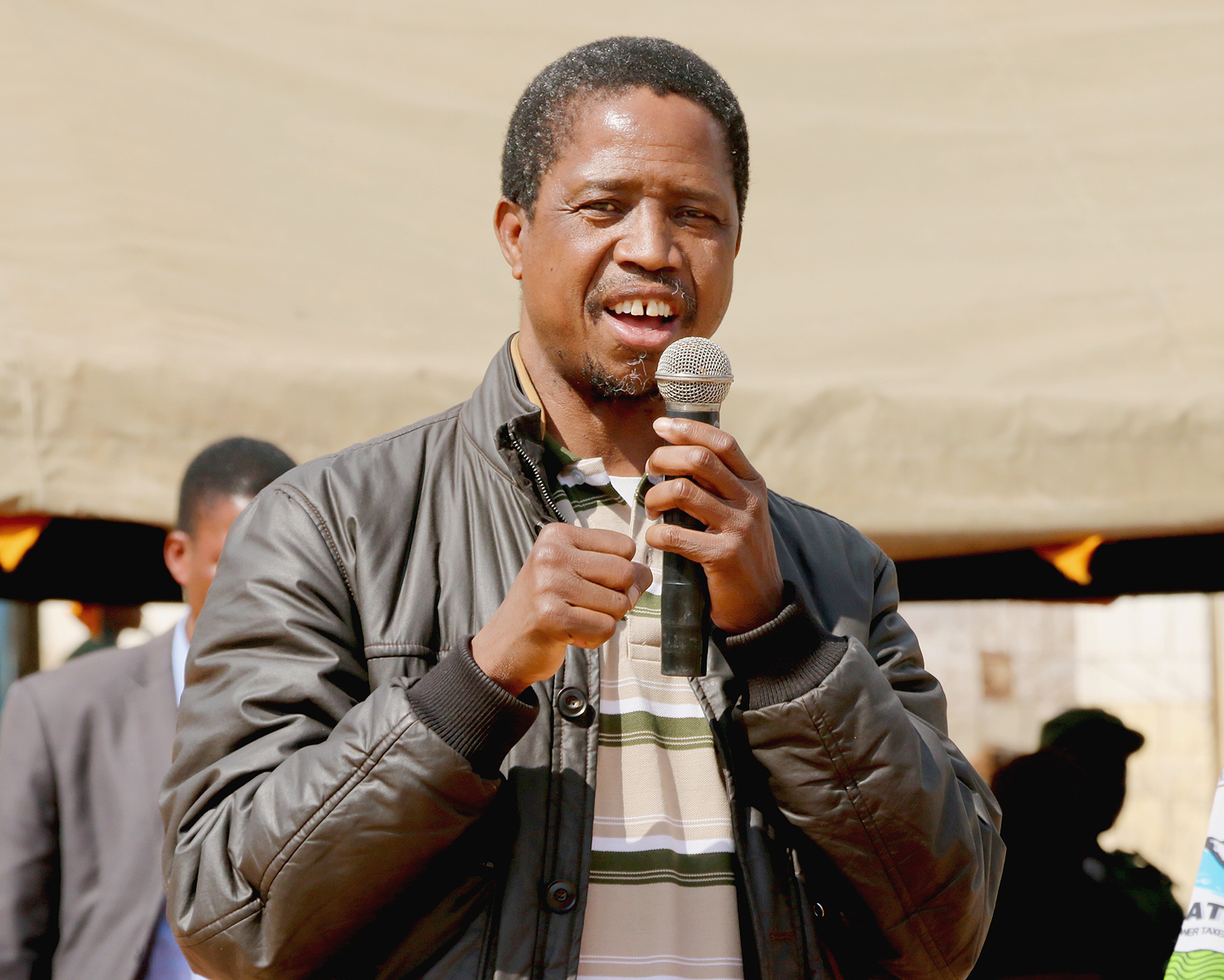Saudi’s King Abdullah dies

RIYADH — Saudi Arabia’s King Abdullah died yesterday and was replaced by his half-brother Salman as the ruler of Saudi Arabia. Global leaders paid tribute to the late monarch, seen as a cautious reformer who led his kingdom through a turbulent decade in a region shaken by the Arab Spring uprisings and extremism.
The royal court said in a statement that Abdullah, believed to be around 90, died at 1AM local time, expressing its “great sadness and mourning”.
Salman, 79, had been defence minister and previously governor of the capital Riyadh.
Another of the late monarch’s half-brothers, Muqrin, was named the new crown prince.
Abdullah was buried yesterday following afternoon prayers, the statement said.
Citizens will then be invited to pledge allegiance to the new monarch and the crown prince at the royal palace.
The royal court did not disclose the cause of Abdullah’s death, but he was hospitalised in December suffering from pneumonia and had been breathing with the aid of a tube.
Under Abdullah, who took the throne in 2005, Saudi Arabia has been a key ally of Washington in the Arab world, most recently joining the US-led coalition carrying out air strikes against the Daesh group in Syria and Iraq.
US President Barack Obama was quick to pay tribute to Abdullah as a valued ally.
“As our countries worked together to confront many challenges, I always valued King Abdullah’s perspective and appreciated our genuine and warm friendship,” Obama said in a written statement shortly after the monarch’s death.
“The closeness and strength of the partnership between our two countries is part of King Abdullah’s legacy.”
Other tributes came in from Japan, India and France, whose President Francois Hollande hailed Abdullah as “a statesman whose work profoundly marked the history of his country.”
As the top producer in the Organisation of the Petroleum Exporting Countries, Saudi Arabia has been the driving force behind the cartel’s refusal to slash output to support oil prices, which have fallen by more than 50 percent since June.
Oil prices surged yesterday following Abdullah’s death, amid uncertainty over whether the new king would maintain that policy.
The kingdom is also home to Islam’s holiest sites, Makkah and Medina. Behind his thick, always jet-black moustache and goatee, Abdullah had a shrewd grasp of regional politics.
Salman, the new king, is widely expected to follow closely in Abdullah’s footsteps, in foreign and energy policy as well as in making moderate reforms to the conservative kingdom.
Abdullah pushed through cautious changes while in power, challenging conservatives with moves such as including women in the Shura Council, an advisory body.
He promoted the kingdom’s economic development and oversaw its accession to the World Trade Organisation, tapping into the country’s massive oil wealth to build new economic cities, universities and high-speed railways.
Salman is a stalwart of the royal family credited with transforming Riyadh during his half-century as governor from a backwater to a thriving capital.
Recent years have seen concerns over his health after operations on his back, but Salman took on an increasingly high-profile role as Abdullah’s own health issues forced him from the limelight.
Abdullah named Muqrin as deputy crown prince last March, in an unprecedented move aimed at smoothing succession hurdles.
Muqrin, a former intelligence chief, was a trusted confidant of Abdullah with a reputation as a liberal.
A former air force officer born in 1945, Muqrin is the youngest son of King Abdul Aziz Bin Saud, the founder of Saudi Arabia.
Since King Abdul Aziz’s death in 1952 the throne has systematically passed from one of his sons to another.
Abdul Aziz had 45 recorded sons and Abdullah, Salman and Muqrin were all born to different mothers.
The new king will face some major challenges, especially as falling oil prices cut into state revenues. — Reuters












Comments